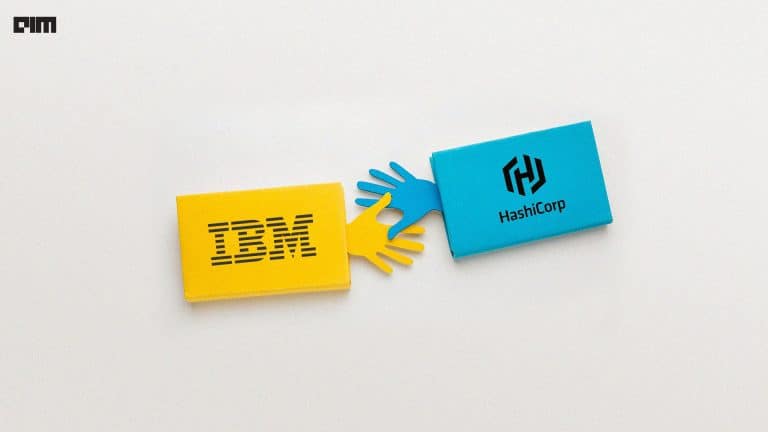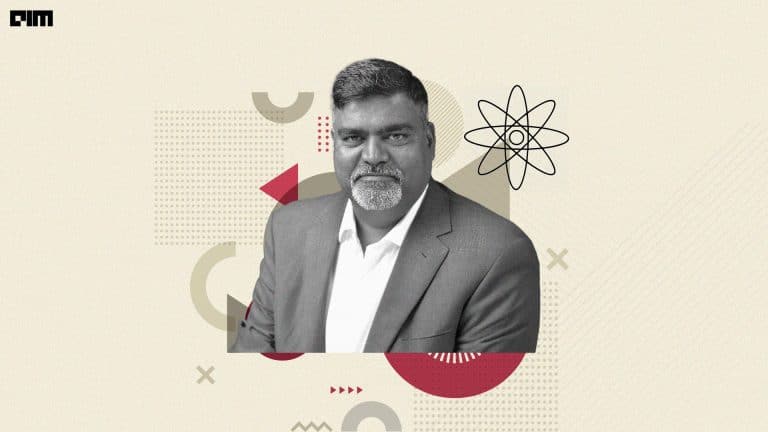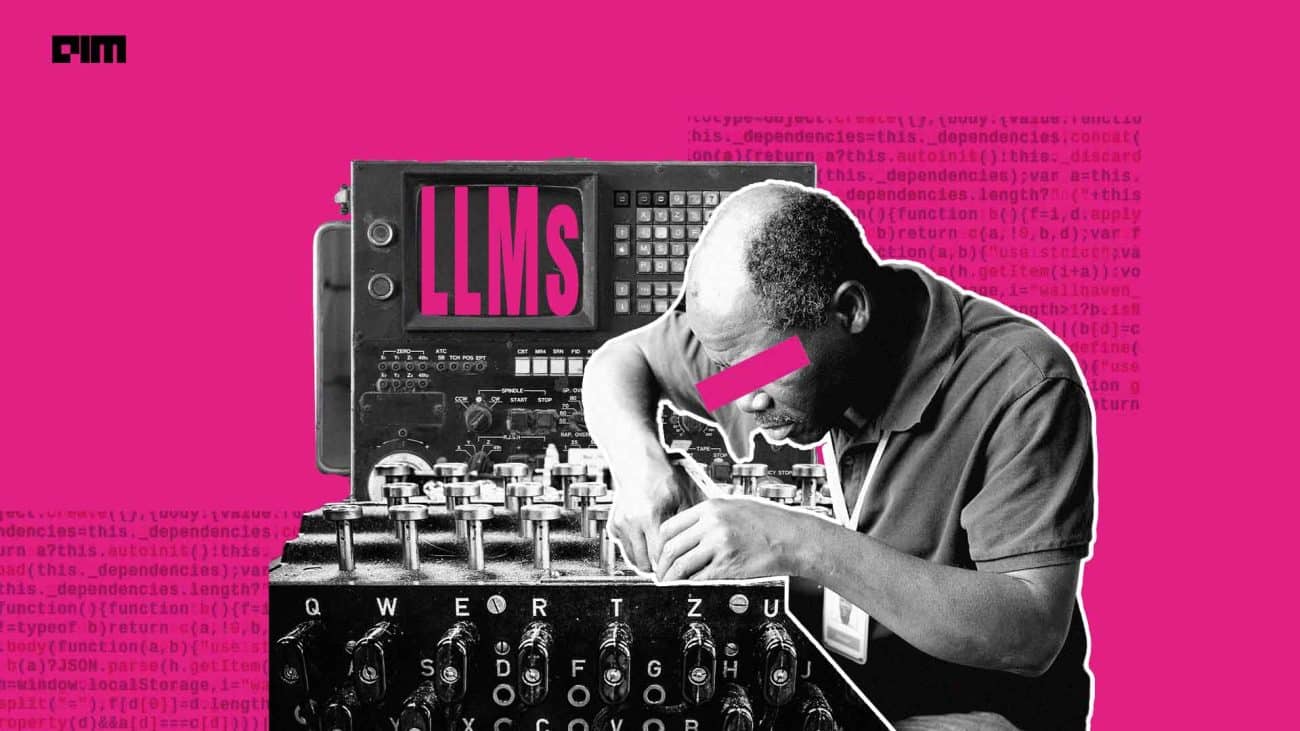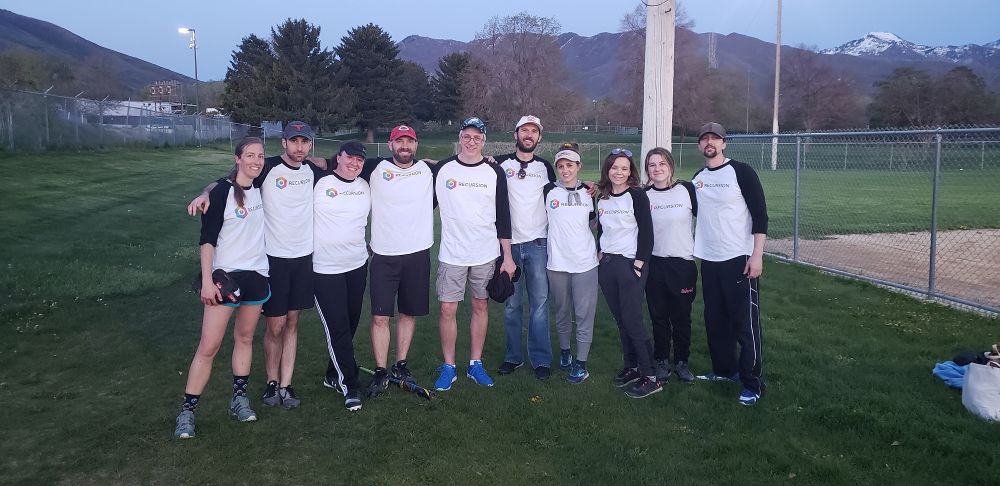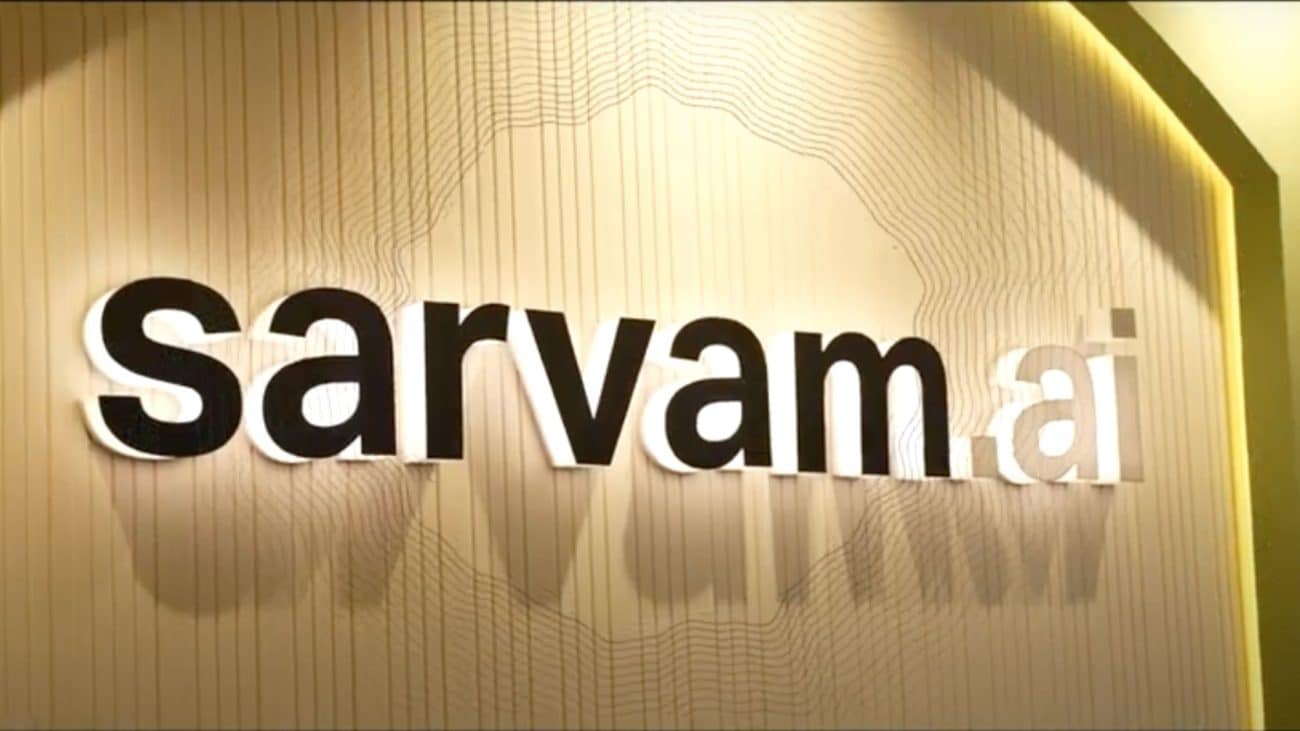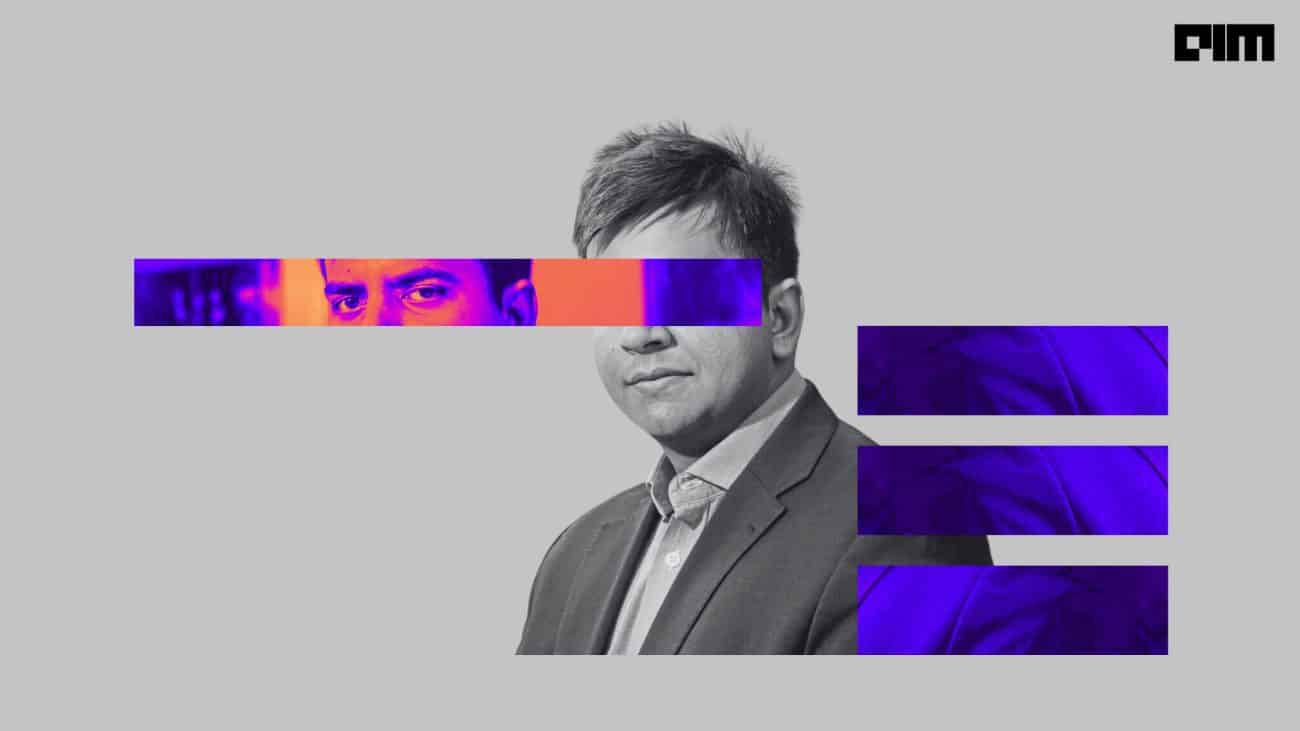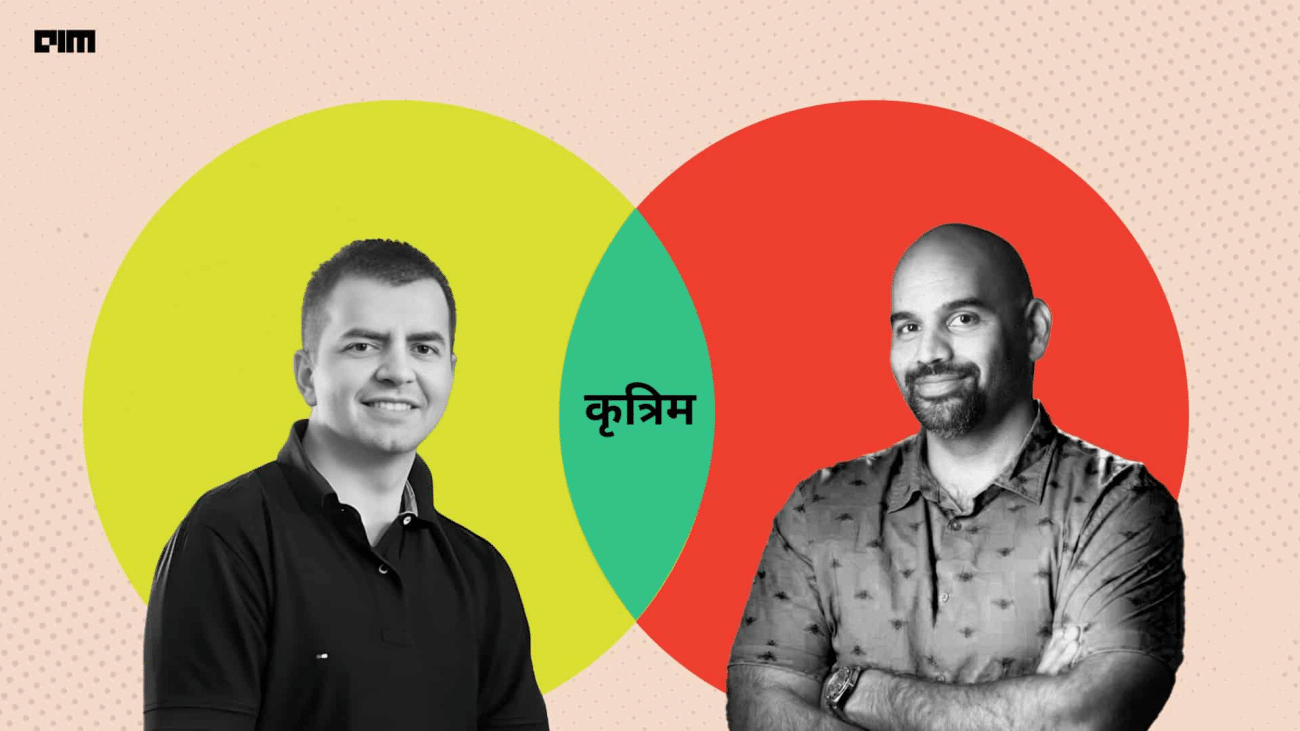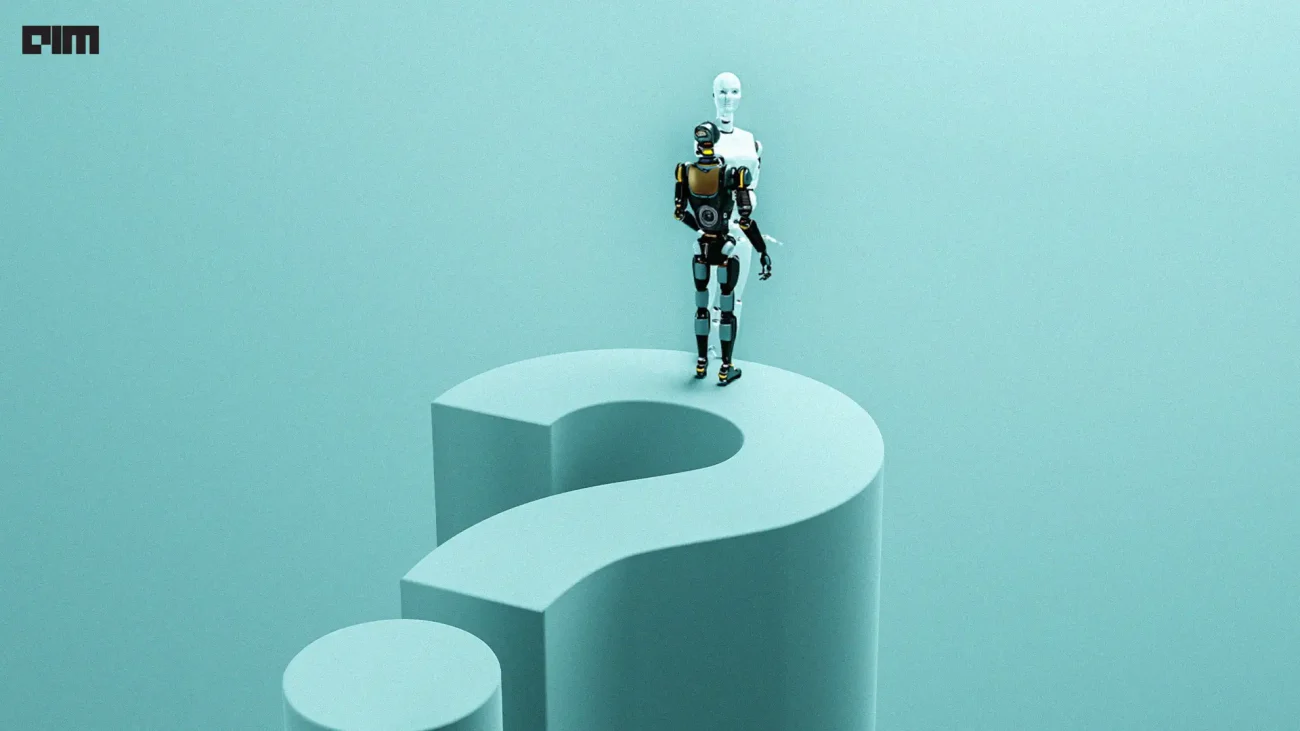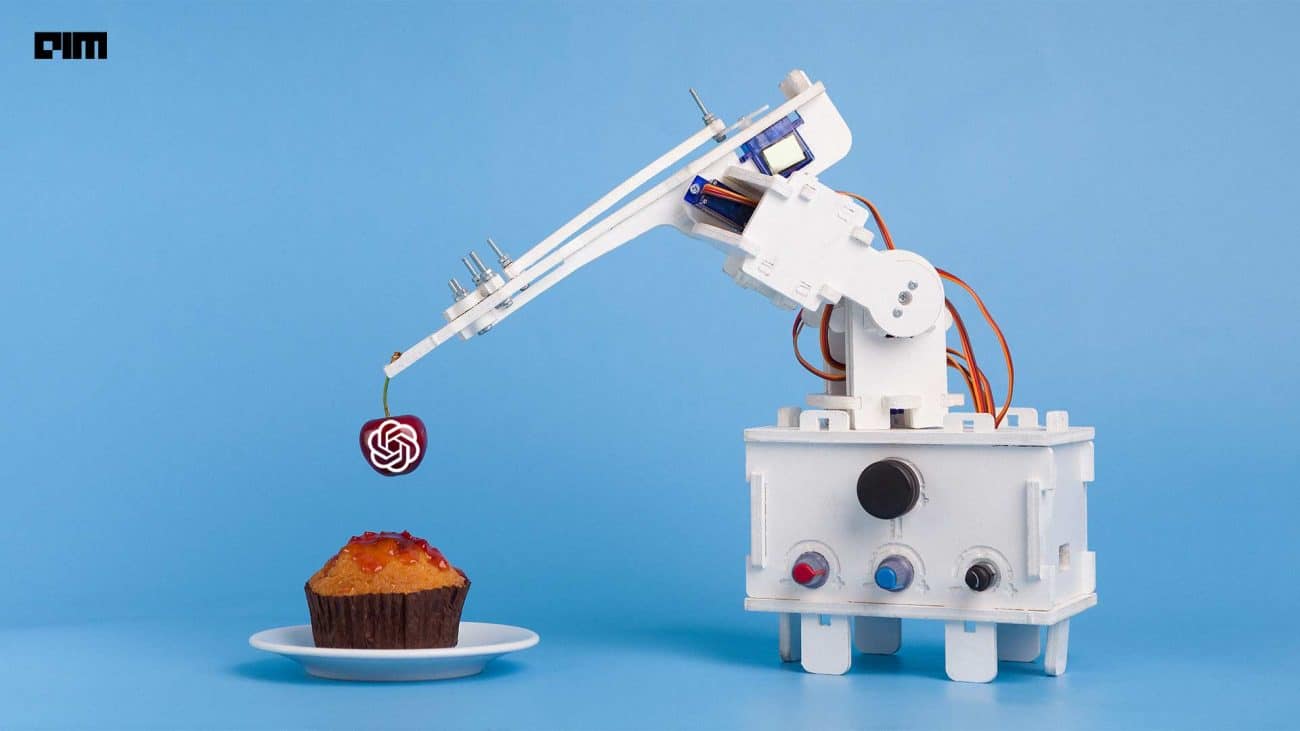Big data has become a crucial part of every business – from Fortune 500 enterprises to startups. As it is changing the way we do business, many believe that big data has the power to solve world’s biggest issues. One such issue is the addressing water crisis in India. A recent UNESCO report predicts that Central India is staring at deepening water scarcity, meaning withdrawal of 40 percent of the renewable surface water resource.
Bangalore could be the first victim to face the acute water crisis. An alarm bell rang loud when a CSE-assisted environment magazine report stated that the city is fast heading towards ‘Day Zero’ and could go the Cape Town way. The report says the water table in Bengaluru has shrunk from 10-12 m to 76-91 m in just two decades.
There are multiple factors that are playing a role in the water shortage in India. But the major ones are regional bias in the availability of surface water. Inter-state water wars between Karnataka and Tamil Nadu, even Punjab and Haryana continues. More than half of India’s total water supply comes from groundwater resources, which have been severely depleted because of excessive use. There is evidence to show that vast amount of water is wasted. Utilities around the world lose about 35 percent of water due to leakages and bursts.
To combat water crisis in India the need of the hour is to invest in water distribution system by upgrading the old infrastructure as well as building a new one to conserve the resources. And there are few companies that are exploiting the power of big data to bring significant change. These companies are aggregating data across the entire water cycle to avoid any water wastage and ensure a sustainable use of water. With the help of sensors and monitoring system, they are generating a large amount of real-time data.
TetherBox Technologies’ Elemento Aqua
The lakes in the country have become a toxic ecosystem with a high level of industrial chemicals and pollutants, which results in foaming, sporadic eruption of fire, deaths of fishes. In such dismal condition, TetherBox Technologies is serving as a ray of hope to cater this situation.
The company’s Elemento Aqua provides real-time analysis of the water body by monitoring the oxygen level and highlighting the percentage of contamination level in the lake. After detecting the reduction of oxygen levels they pump in the required oxygen into the lake to keep it hygienic. The dismal condition of the lakes in the city has given birth to this startup.
The startup came into limelight after Ulsoor fish kill incident in 2016. Under the supervision of Karnataka State Pollution Control Board authorities, TetherBox in collaboration with EcoGen Tech conducted a pilot project to gather water quality reading through big data and reduced the algae cover in the lake.
With the help of cloud-based tools such as Hadoop, the smart device collects data regarding timely fluctuation of oxygen levels and the water levels in the water. It then sends an alert about the status of the lakes to the factory clients. TetherBox will also install its devices in city’s most polluted Bellandur lake and Vrishabhavathi Valley.
SmarterHomes Technologies
There are many ways that people wastes water, from accidental leakages to utter negligence. Most families waste roughly 40 percent of water. This Bengaluru-based IoT company feels that with the help of their smart meters 35 percent of water wastage can be controlled.
The smart water meter ‘WaterOn’ generates real time data that helps the consumer to shut off the water supply in an event of a leakage. The smart meter helps in preventing wastage of water by detecting leaks and shuts the water supply remotely. The SmartHomes mobile app monitors the data from the water meter.
The smart meters can store approximately 45 days of consumption records in its local storage. The meter counts each consumption and sends the data to our cloud server through Nuclious. The Nuclious is a hybrid variant of wired meters and wireless communication hub. The company installed near 7000 smart meters in India and plans to expand in the middle east, claims a report.
IBM’s Big Data Solution
IBM’s analytics-based solutions provide smarter water management and better control over the resources for water boards thus controlling the wastage of water. According to the company, “The Intelligent Operations Center (IOC) offers integrated data visualization, near real-time collaboration and deep analytics to help enhance the ongoing efficiency that will improve the efficiency of services for its residents.” IBM in collaboration with Bangalore Water Supply and Sewerage Board has created an operational dashboard, based on IOC, which serves as a command center.
The command center monitors the water flow in the city and provides a data of the functioning of all the meters, amount of water transmitted by each meter and the water supplied to the distribution system. The IOC contains geo-information system to enable a real-time view of flow meters. IOC converts the data into a geospatial visual map to help BWSSB engineers to monitor the flow and distribution of water.
Kerala Water Authority is also working with IBM to reduce water wastage. With the help of IBM’s Analytics and Mobility solutions, Kerala Water Authority monitors water distribution by mixing data analytics and a system -level view of the water infrastructure and lifecycle. The IBM systems data also helps in tracking water meters across the city and helps in reducing the billing irregularities, thus improving revenue collection. Kerala Water Authority can check the chlorine, PH, salinity level of the water with the help of the data. The data also KWA to respond quickly to the water supply irregularities and reacting to repairs in a shorter time frame that helps in saving the water wastage to a large extent.
Concluding Note
To control water wastage to a larger extent the government needs to implement the big data solutions country-wide. Right now, it is only limited to the southern part of the country. There are only limited number of companies that are working to fix the water woes in the country. To stop India going the Sao Paulo or Cape Town way, the government needs to step-up policies, measures and integrate technology. As many studies warn, India is sitting on a freshwater time bomb that is about to blow up in our face and alter the demographic and economic character of the country.







